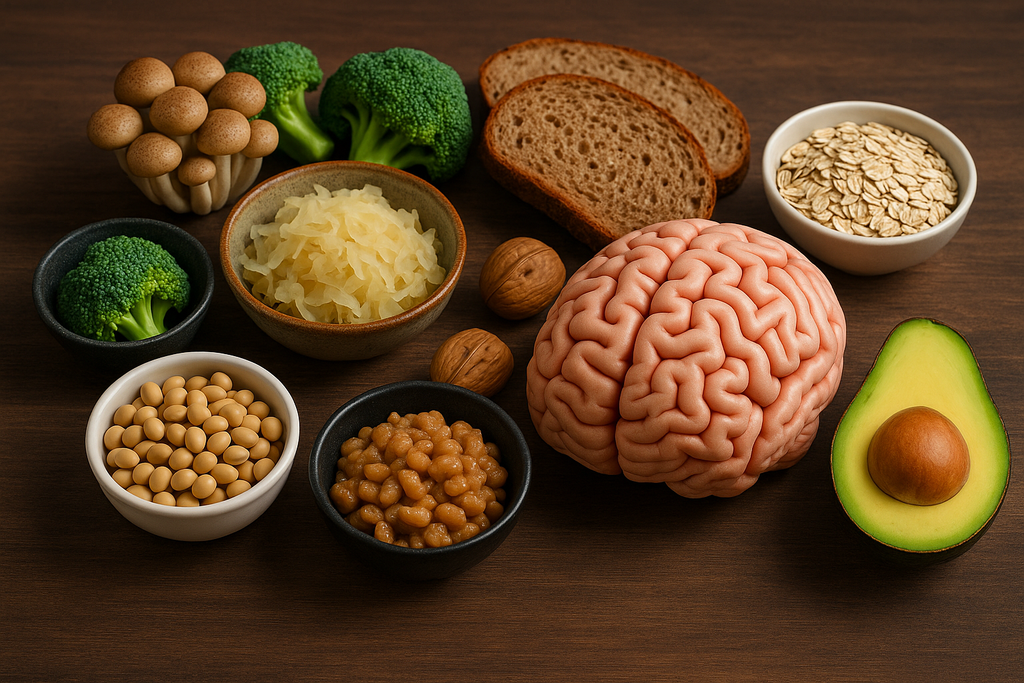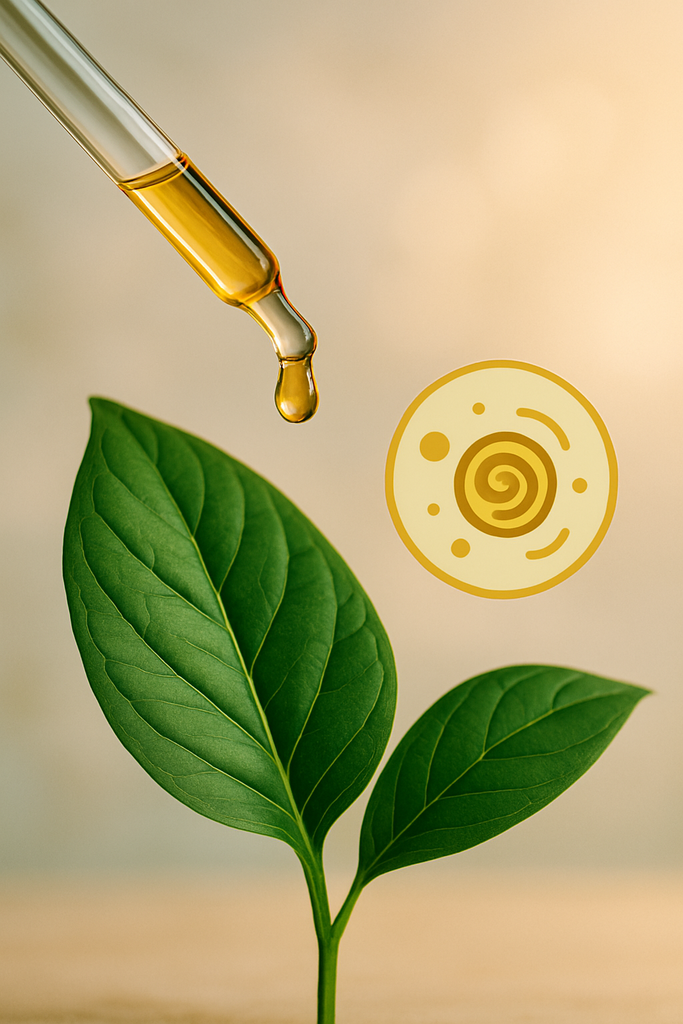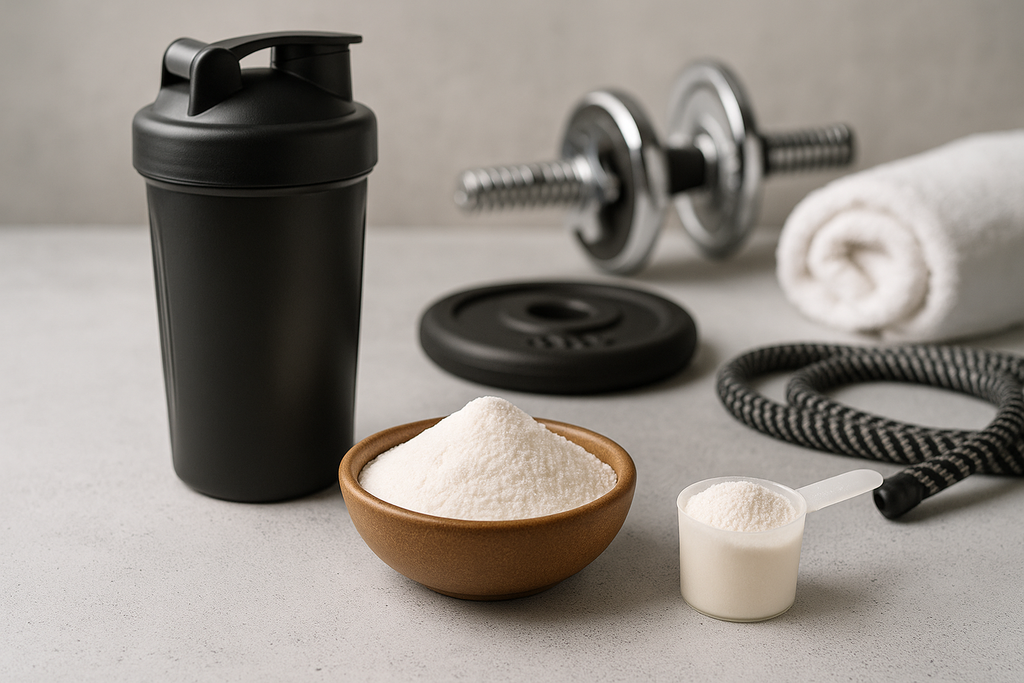News — healthy aging
Blue Zones Lifestyle Hacks: Lessons from the World’s Longest-Living People
aging gracefully anti-aging diet Blue Zone diet blue zones centenarian secrets community wellness healthy aging healthy lifestyle tips how to live longer lifestyle habits longevity hacks mindful eating natural health natural movement Okinawa diet plant-based lifestyle purpose-driven life Sardinia longevity stress reduction wellness longevity
Imagine waking up every day full of energy, living into your 90s or even beyond 100—without chronic disease, daily medications, or dependence on others. This isn't fiction; it's real life in the "Blue Zones," five regions around the world where people live significantly longer and healthier lives than the global average. These areas include Okinawa (Japan), Sardinia (Italy), Nicoya (Costa Rica), Icaria (Greece), and Loma Linda (California, USA).
What do these long-lived populations have in common? Surprisingly, it's not high-tech medicine or strict fitness routines. Instead, their secrets lie in the simple, often overlooked aspects of daily life: natural movement, social connection, whole foods, and a strong sense of purpose. In this article, we’ll explore the core habits and practical hacks inspired by the Blue Zones lifestyle—so you can add not just years to your life, but life to your years.
Foods That Prevent Cognitive Decline: Why Polyamines Are the Missing Link
Alzheimer's prevention anti-aging foods autophagy brain detox brain food cognitive health dementia diet fermented foods gut-brain connection healthy aging memory loss prevention mental clarity foods natural nootropics neuroprotection nutritional neuroscience plant-based brain foods polyamines spermidine spermidine supplements spermine
As the global population ages, cognitive health is becoming an increasingly important topic. From Alzheimer’s disease to age-related memory loss, the quest for preventive strategies has intensified—and diet plays a crucial role. Among the many nutrients and compounds linked to brain health, a class of naturally occurring compounds called polyamines has recently gained attention for their potential to slow or even prevent cognitive decline.
Polyamines, such as spermidine and spermine, are found in various foods and play a vital role in cellular growth, gene expression, and neuroprotection. Emerging research shows that polyamines may support cognitive longevity by enhancing autophagy (the body’s natural cell-cleaning process), reducing inflammation, and protecting neurons from degeneration. In this article, we explore the science behind polyamines and identify the top foods that can help preserve brain health as we age.
The Longevity Molecule: How Spermidine Can Help You Live a Longer, Healthier Life
aging well anti-aging autophagy best spermidine supplement biohacking cell renewal cellular detox healthy aging healthy longevity how to live longer improve memory naturally increase lifespan longevity supplement mitochondrial health neuroprotection polyamines reduce inflammation spermidine spermidine foods wheat germ benefits
In the ever-expanding world of longevity research, few compounds have generated as much buzz—and scientific interest—as spermidine. Once an obscure polyamine found in aged cheese and wheat germ, spermidine is now hailed as one of the most promising molecules for supporting cellular renewal, metabolic function, and even lifespan extension.
What sets spermidine apart is its ability to trigger autophagy, the body’s internal "cellular cleanup" system that becomes less efficient with age. By helping your body recycle damaged proteins and cellular debris, spermidine supports longevity from the inside out. And the best part? It’s found naturally in certain foods and now available as a supplement. Let’s explore the science of spermidine, how it supports long-term health, and how you can safely harness its potential.
The Longevity Vitamin: How PQQ Recharges Your Cells from the Inside Out
anti-aging supplements antioxidant ATP production brain health cellular energy coq10 synergy curcumin energy supplements healthy aging heart health inflammation control longevity vitamin mitochondrial biogenesis mitochondrial health neuroprotection omega-3 fatty acids pqq pqq dosage pqq safety pyrroloquinoline quinone resveratrol
Pyrroloquinoline quinone, or PQQ, is quickly gaining attention in the health and wellness world as the so-called "longevity vitamin." Though not officially recognized as an essential vitamin, PQQ’s powerful cellular benefits have sparked interest among scientists, biohackers, and everyday wellness enthusiasts. Its claim to fame? Supporting mitochondrial health — the tiny energy factories in your cells — and potentially slowing down the ticking clock of aging.
Unlike many supplements that work on the surface level, PQQ operates deep within your cellular machinery. It encourages the growth of new mitochondria, boosts antioxidant defenses, and helps cells produce cleaner, more efficient energy. This combination of effects makes PQQ a promising ally for not just better energy and focus today, but for healthier aging in the years ahead.
Beyond the Myths: Your Ultimate Guide to Creatine’s Real Benefits and Safety
ATP energy best creatine creatine creatine and kidneys creatine benefits creatine daily use creatine dosing creatine for brain creatine for seniors creatine for vegetarians creatine for women creatine monohydrate creatine myths creatine safety creatine science creatine side effects healthy aging muscle building supplements nootropics safe supplements
Creatine might just be the most misunderstood supplement in sports nutrition. Despite decades of scientific research and use by athletes around the world, it’s still clouded by misconceptions—many of which couldn’t be further from the truth. From fears about kidney damage to confusion about water retention, creatine has sparked debate in locker rooms and gyms alike. But here’s the reality: creatine is not only safe, it’s one of the most effective and well-researched supplements on the market.
Whether you’re trying to build muscle, boost endurance, enhance cognition, or simply age more gracefully, creatine offers real, measurable benefits. And it’s not just for bodybuilders—older adults, vegetarians, women, and even non-athletes can benefit. This comprehensive guide cuts through the hype and dives into the science-backed truths about creatine’s role in strength, health, and performance.





